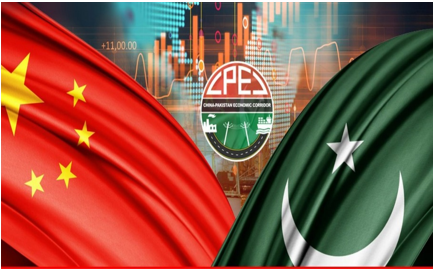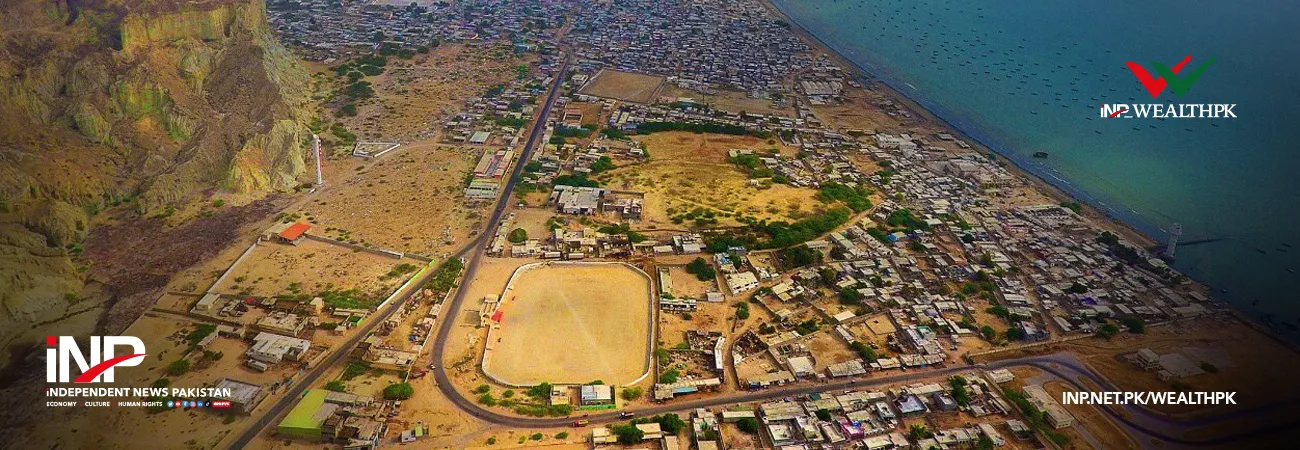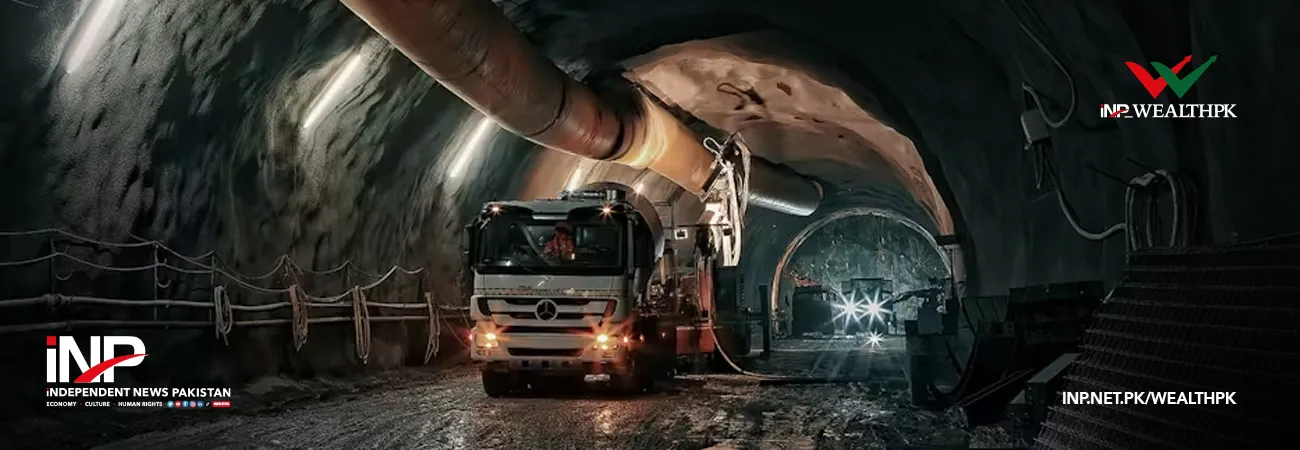آئی این پی ویلتھ پی کے
Ayesha Saba
As Pakistan strives to attract foreign investment and boost industrial growth, ensuring a reliable and sustainable energy supply to the special economic zones (SEZs) under the CPEC remains a pivotal challenge, Nauman Hashmi, an energy expert, told WealthPK.

Nauman opined that the special economic zones cannot function in isolation from the broader national energy strategy. “A zone-specific power model is essential. Each SEZ has requirements based on its industrial mix like textiles, manufacturing, agro-processing, or heavy engineering, and a one-size-fits-all approach will not work,” he explained.
He emphasized that unless the government aligned energy planning with the SEZs’ development, issues like load shedding, erratic voltage supply, and high tariffs would deter investors and undermine Pakistan’s competitive advantage in regional trade. Since SEZs fall under both the regional and national jurisdictions, conflicting regulations and bureaucratic delays often stall energy projects.
A unified framework, with clear guidelines on power procurement and pricing, will streamline operations and encourage private sector participation. Furthermore, he recommended incentivizing renewable energy investments within the SEZs through tax breaks and subsidies, making clean energy solutions more financially attractive for investors. Given China’s advancements in renewable energy and smart grid technologies, collaboration under CPEC could facilitate the deployment of advanced energy systems in Pakistani SEZs.
Joint ventures in energy infrastructure could also alleviate funding constraints, enabling the development of high-capacity power projects tailored to industrial needs. Sustainable power solutions are vital not only for investor confidence but also for the success of export-led industrialization. A consistent and affordable energy supply is crucial for the SEZs to meet the productivity levels required to compete in the global value chains.
The Planning Commission’s recent reviews of SEZs' progress reveal that while physical infrastructure such as roads, drainage systems, and land development has seen notable advancement in zones like Rashakai, Allama Iqbal, and Dhabeji, power provisioning remains a fragmented aspect. Some SEZs rely on interim power solutions such as costly diesel generators, which raise operational costs and carbon footprints, while others await full grid connectivity, creating uncertainty for potential tenants and delaying production timelines.
Federal Minister for Planning Commission Ahsan Iqbal reiterated the government’s dedication to promoting industrial growth by ensuring a dependable energy supply. He emphasized the urgency of addressing unresolved challenges and called for a well-coordinated strategy to accelerate infrastructure development and facilitate uninterrupted power connectivity for zones such as Rashakai.
Credit: INP-WealthPk








